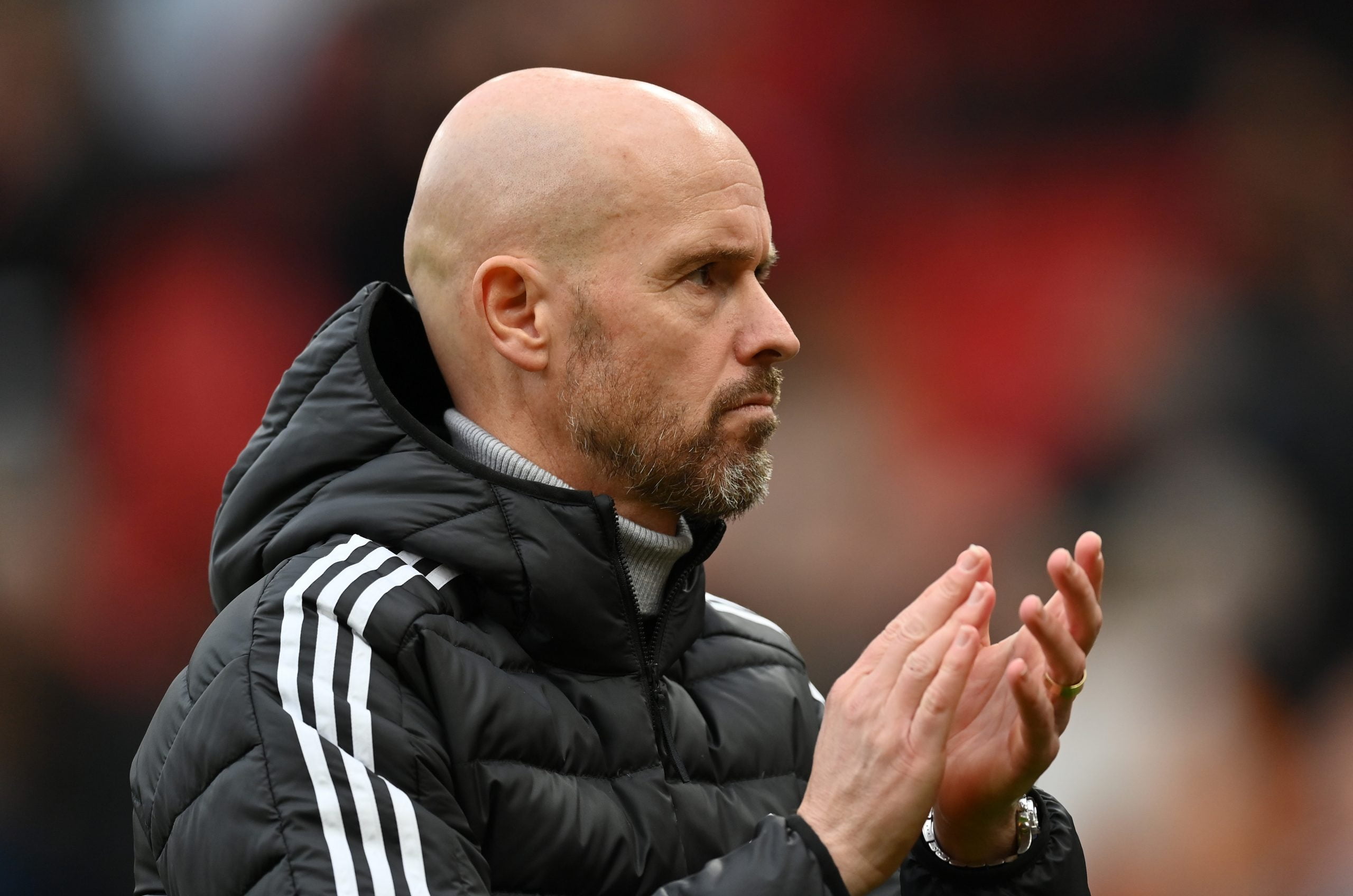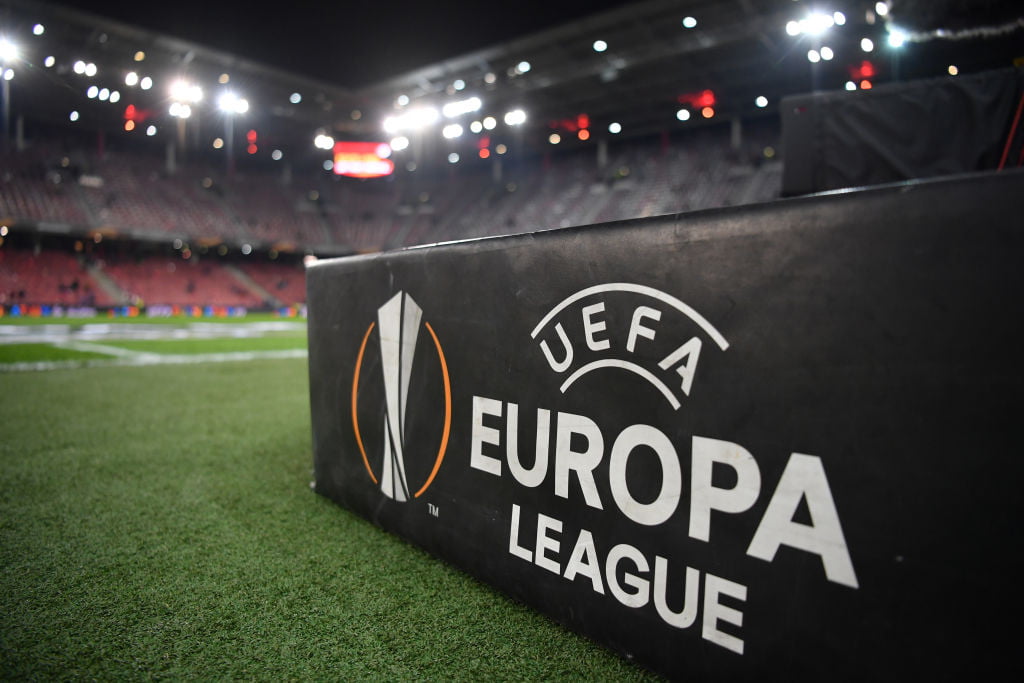BBC
Manchester United hope to win their first trophy in almost six years when they meet Newcastle in the Carabao Cup Cup final at Wembley.
It is the next step in a season of progression at Old Trafford.
Had they not lost their opening two Premier League games against Brighton and Brentford, United would now be regarded as genuine title contenders. They remain in the FA Cup and have now emerged triumphant from a pulsating two-legged Europa League tussle with European heavyweights Barcelona in what Ten Hag described as his ‘biggest win’ since arriving at the club in May.
The upbeat feeling amongst supporters is far removed from the mess their club appeared to be in at the end of last season.
United won 38 trophies during Alex Ferguson’s 26-year reign at Old Trafford, including 13 league titles, two Champions Leagues, five FA Cups and four League Cups.
However, since his departure in 2013 they have won only the FA Cup under Louis van Gaal, the League Cup, Europa League and Community Shield under Jose Mourinho, and the Community Shield under David Moyes.
But the start of Erik ten Hag’s reign has restored hope to the Old Trafford faithful.
Why Ten Hag became ‘the obvious choice’
The Dutchman has done an impressive job since arriving from Ajax as manager in the summer, the sixth man to try to recreate at least some of the success Ferguson enjoyed before he stood down in 2013.
It goes against the general narrative of their respective time at United to offer former executive vice-chairman Ed Woodward and director of football negotiations Matt Judge at least some credit for their old club’s present position.
Yet there are those that remain who believe it is due.
Woodward and Judge helped set out the template that was expanded by chief executive Richard Arnold, director of football John Murtough and technical director Darren Fletcher which ultimately led to Ten Hag being identified as Ole Gunnar Solskjaer’s permanent successor.
Key characteristics were demanded of potential candidates.
Did he win? Did he win with style? Did he make players better? Did he develop young players? Did his teams dominate the ball? Did he have the strength of character and personality to deal with all that being Manchester United manager entails?
Crucially, was he prepared to work with staff at the club rather than ignoring them or working against?
Ten Hag soon became an obvious choice.
Yet the background work went on. The Dutchman spoke to United on a number of occasions before he was offered the job. Scenarios were put to him for his observations on how he would deal with them.
On 21 April, the appointment was confirmed.


